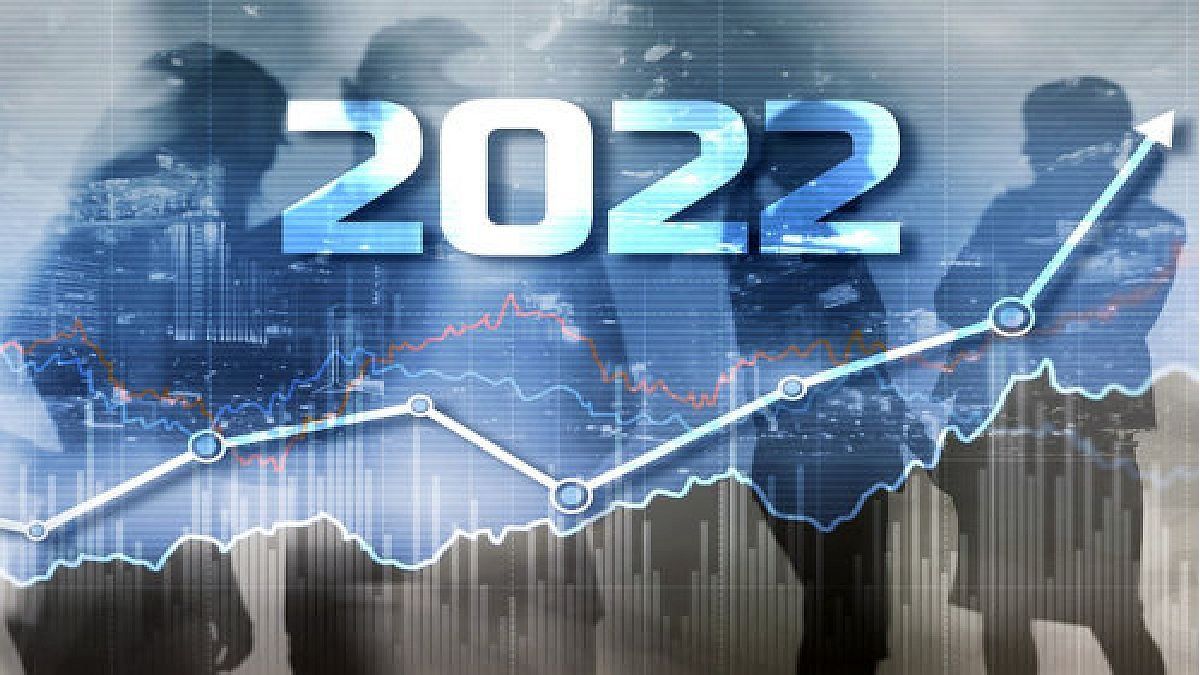The government of Alberto Fernández took office in December 2019 with a debt of US$320,526 millionas of February 2022 the debt amounts to US$364,028 million.
image.png
The distinctive fact is that the debt in dollars increased very little, going from US$ 248,945 million to US$ 251,142 million. This can be seen as a positive attribute, however, it is the consequence that no one in the world lends us a dollar for lack of confidence in our policies.
Debt in pesos showed significant growth, but we must make distinctions. The debt in pesos without adjustment for inflation measured in dollars went from US$ 47,130 million to US$ 45,971 million, down US$ 1,159 million. On the other hand, the debt in pesos adjusted for inflation went from US$ 24,451 million to US$ 66,915 million, an increase of US$ 42,646 million, almost the same amount that we owe to the IMF.
This tells us that Argentina does not even remotely finance its expenses with genuine income and that it finances it with indexed debt, which begins to become a time bomb as its growth increases exponentially.
An interesting issue is that the debt in pesos adjusted for inflation is short-term, its maturity does not reach 18 months, therefore, we live permanently renegotiating debt in the local market.
What about the broadcast?
Since the government of Alberto Fernández took office, the issue in pesos was $4,264,432 million, it is the sum of the transitory advances and transfers of profits that the Central Bank made to the Treasury. This issue was later absorbed by the Central Bank itself and became the entity’s indebtedness. As of December 2019, the Central Bank’s debt measured in dollars was US$ 19,678 million, currently it amounts to US$ 45,352 million, an increase of US$ 25,674 million.
Conclusions
- Since Alberto Fernández assumed the debt of the Treasury plus the Central Bank increased by US$69,176 million, this is the main source of conflict in our economy, since the financing of this debt via issuance or indebtedness generates a deep distortion of the relative prices in the economy.
- The country grew very little from 2019 to date, but the amount of pesos in the market increased too much, the monetary base increased by $1,776,621 million and the non-monetary liabilities (leliq and passes) of the Central Bank by $3,694,091 millions. This implies that in two years and 2 months, monetary and non-monetary liabilities increased by $5,470,712 million. This implies that they grew at a rate of $210.412 million per month, or $7.014 million per day, or $292 million per hour. Short supply of goods and many issued pesos result in more inflation.
- In this period, the government tried to decouple itself from international prices, through restrictive measures on exports, high export duties, and the creation of trusts that acted as hidden taxes on production. All these measures undermined the credibility of the government, which ended up having an impact on lower investments and production.
- The government closed the export of meat, but could not see that this would generate a drop in the supply of merchandise in the domestic sector due to lack of profitability in the sector, which boosted the rise in prices. What was thought as a measure to lower prices ended up generating higher increases.
- We have an uncompetitive exchange rate. While many economists talk about the competitiveness of our currency, we cannot export chicken, pork and flour, among many other products, because we are not competitive abroad. We need to lower the Argentine cost or increase the official exchange rate.
- In 26 months of government, inflation was 123.5%, the official dollar grew 179.4% and the blue dollar 267.5%. The lack of competitiveness is more linked to the enormous Argentine cost, there is no doubt that taxes must be lowered, and therefore public spending.
- In order to lower inflation, a greater supply of products is necessary, for this to happen, more investment is needed, for someone to invest, it must be clear that the rules of the game are not changed, to be credible we must have a fiscal surplus (revenues must be higher than expenses) and a positive balance of dollars (the dollars that arrive in the country must be more than those that emigrate). If this does not happen, we have guaranteed inflation and devaluation.
- The government of Alberto Fernández achieved an inflation of 123.5% in 26 months, in the last year of 52.3%, while for the year 2022, if it travels to an average inflation of 4% per month, in the next 10 months would manage to end the year with an inflation rate of 61.0%.
- Argentina needs basic consensus, inflation is a monetary phenomenon, therefore, there is no need to issue and take on debt, for this a balanced budget is needed now. The political class should subscribe to this premise and those who reach the government must comply with it, regardless of the party they are from. We’ve been putting off adjustments for years, and all we do is languish.
Source: Ambito




